Criminal defense - AI-Powered Legal Assistant

Streamlining Legal Workflows with AI
How can I improve my product descriptions?
What's a good headline for a fashion blog?
Get Embed Code
Overview of Criminal Defense GPT
The Criminal Defense GPT is a specialized tool designed to assist in the creation and management of legal content, focusing particularly on criminal law. It's engineered to provide support in drafting legal documents, formulating defense strategies, educating on legal rights, and offering insights into various aspects of criminal law. For example, it can help in generating hypothetical legal scenarios to train law students or aid lawyers in brainstorming potential approaches to complex cases. Powered by ChatGPT-4o。

Core Functions of Criminal Defense GPT
Legal Document Drafting
Example
Drafting defense briefs, motions for dismissal, or plea bargain letters.
Scenario
A defense attorney is preparing for an upcoming case and uses the GPT to draft a motion to suppress evidence that was improperly obtained by law enforcement.
Legal Education
Example
Providing detailed explanations of legal principles, case law summaries, and updates on criminal law.
Scenario
A law professor utilizes the GPT to create detailed, up-to-date teaching materials for a course on criminal procedure.
Strategy Formulation
Example
Assisting in the development of defense strategies based on historical case analysis and prevailing law.
Scenario
A defense lawyer works with the GPT to analyze similar past cases and formulate a defense strategy that leverages findings from these precedents to benefit their client's case.
Target Users of Criminal Defense Services
Defense Attorneys
These legal professionals can use the tool to enhance their efficiency in case management, document preparation, and legal research, allowing them more time to focus on client interaction and court appearances.
Law Students
Students can leverage the tool for studying and understanding complex criminal law topics and case studies, making it an excellent educational resource.
Legal Academics and Researchers
Academics and researchers in the field of law can use the tool to stay updated on the latest developments in criminal law, prepare scholarly articles, and conduct detailed legal analysis.

How to Use Criminal Defense
Register for Access
Begin by visiting yeschat.ai where you can register for a free trial without any requirement to log in or subscribe to ChatGPT Plus.
Explore Features
Familiarize yourself with the interface and explore the various features available, such as drafting legal documents, preparing for cases, and generating legal advice.
Define Your Needs
Identify and specify your legal needs or case details to tailor the tool's outputs to your specific scenario, ensuring more precise and relevant assistance.
Utilize Smart Suggestions
Make use of the AI's smart suggestions for drafting motions, briefs, and other legal documents, which can save time and enhance the quality of legal documents.
Seek Continuous Feedback
Continuously seek feedback on the AI-generated outputs and refine your inputs to improve accuracy and effectiveness in your legal practice.
Try other advanced and practical GPTs
Defense Budget Analyst
Strategic Insight into Defense Spending

Possible Legal Defense
AI-powered legal defense strategies.
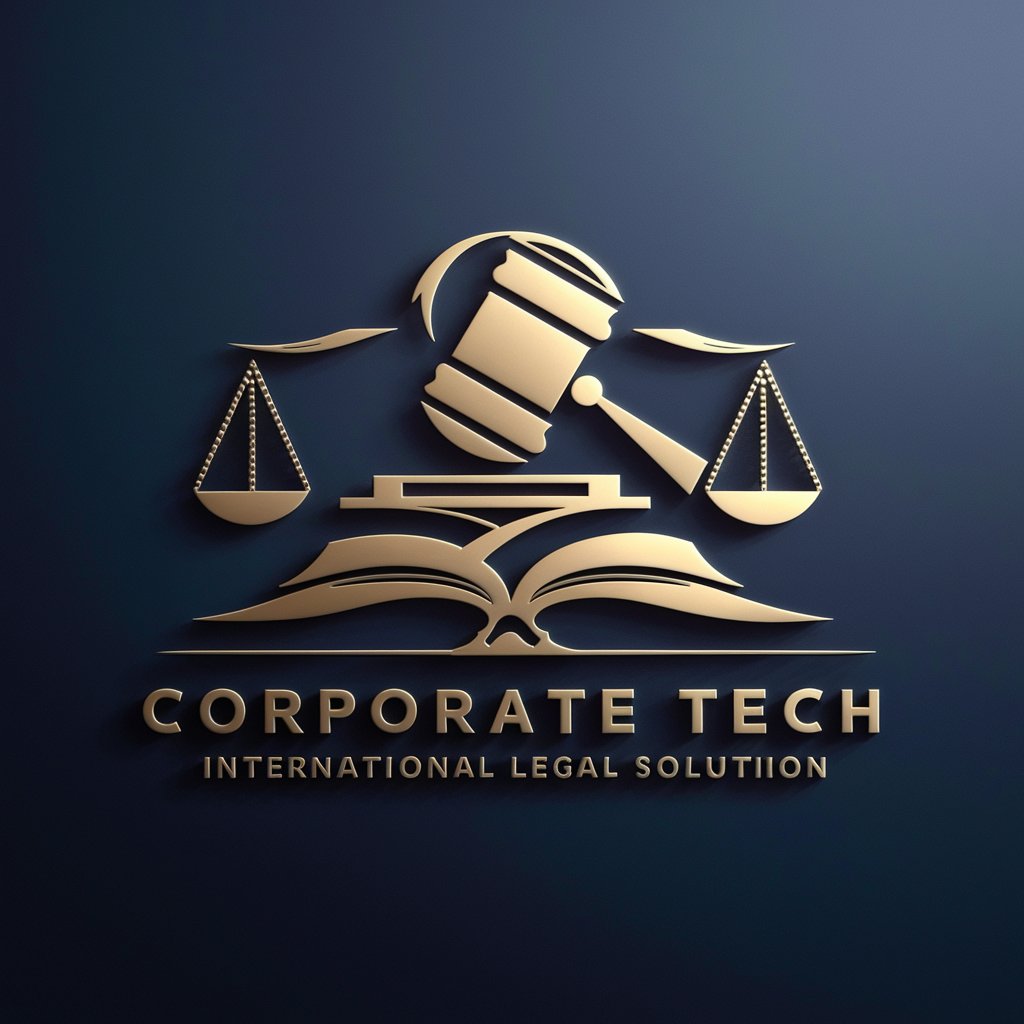
Employee HR Defense
Navigating HR, Protecting Your Interests
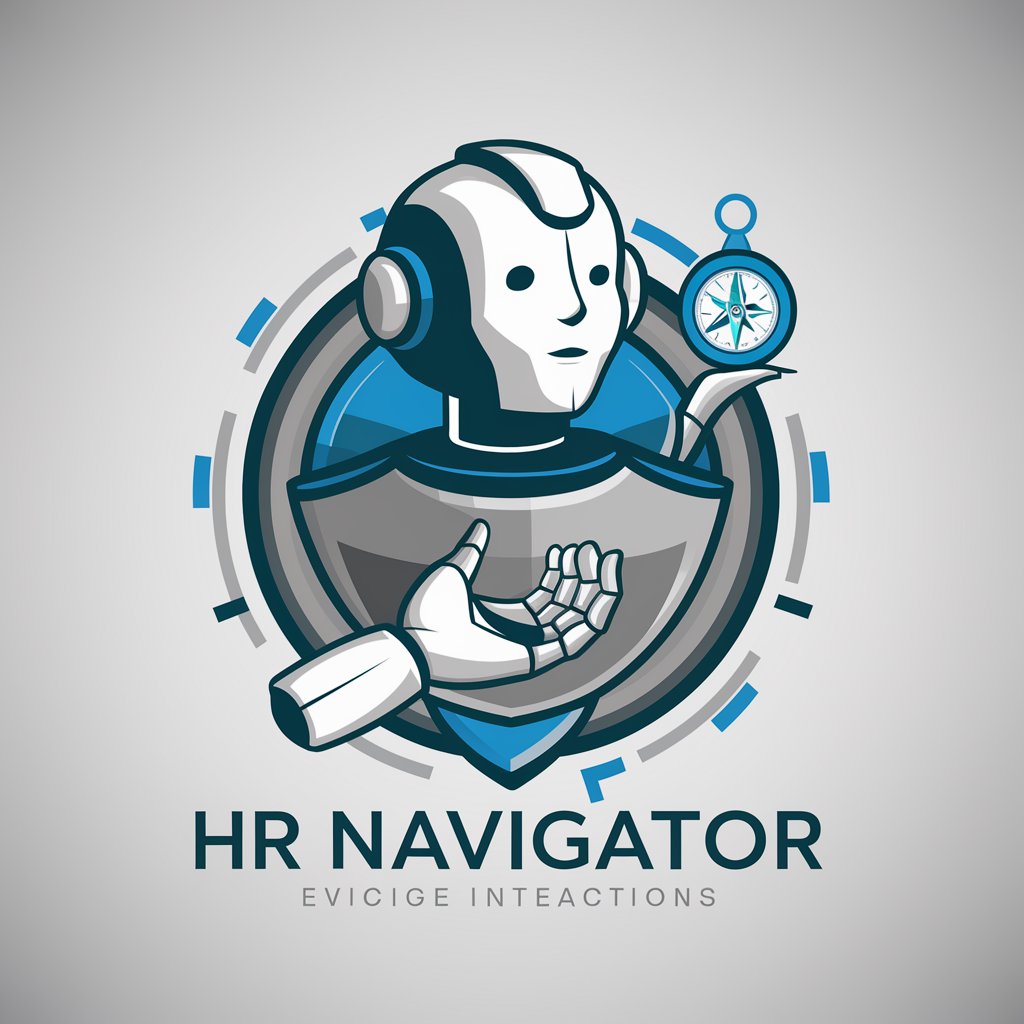
Virtual Defense Technology Consultant
Empowering Defense Innovation with AI

National defense
Empower Your Writing with AI
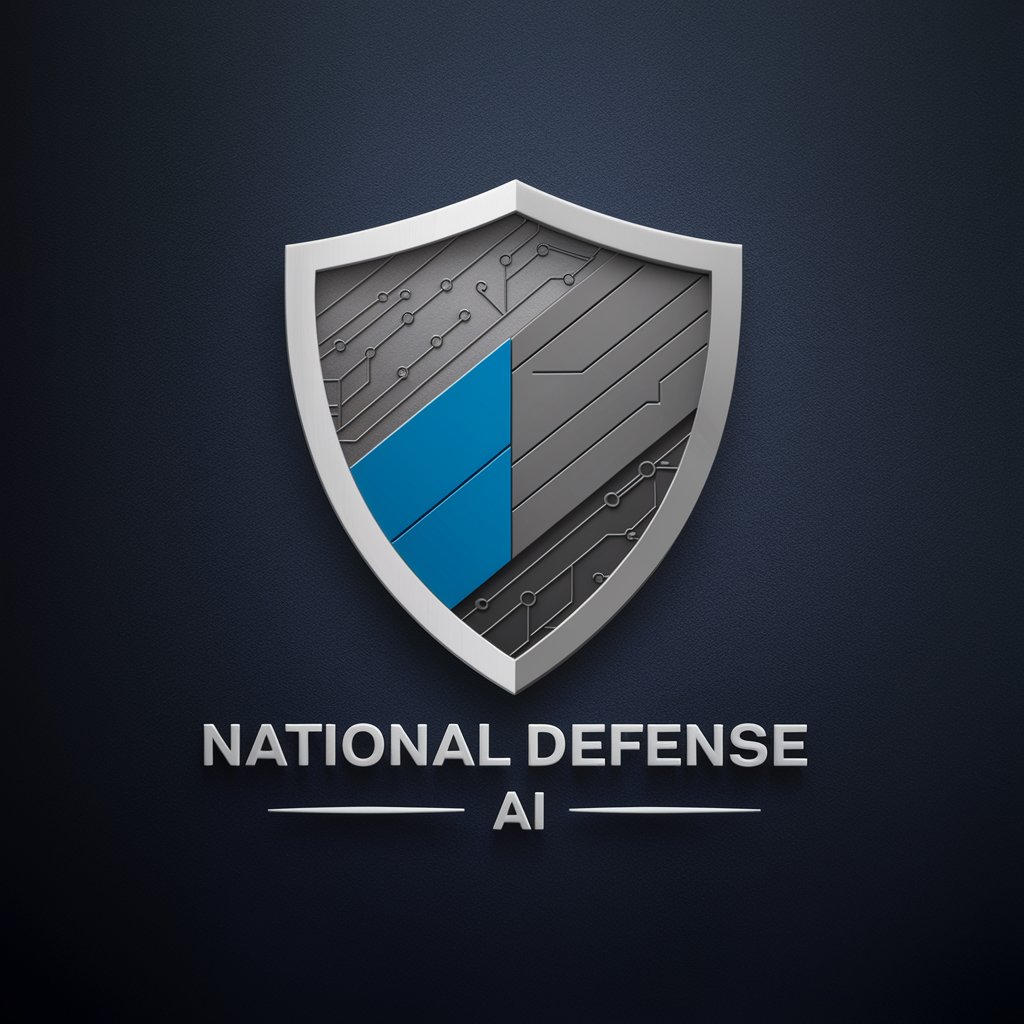
Recruit GPT
Optimize Your Talent Search with AI

Criminal Defense Lawyer
Expert AI Legal Assistant
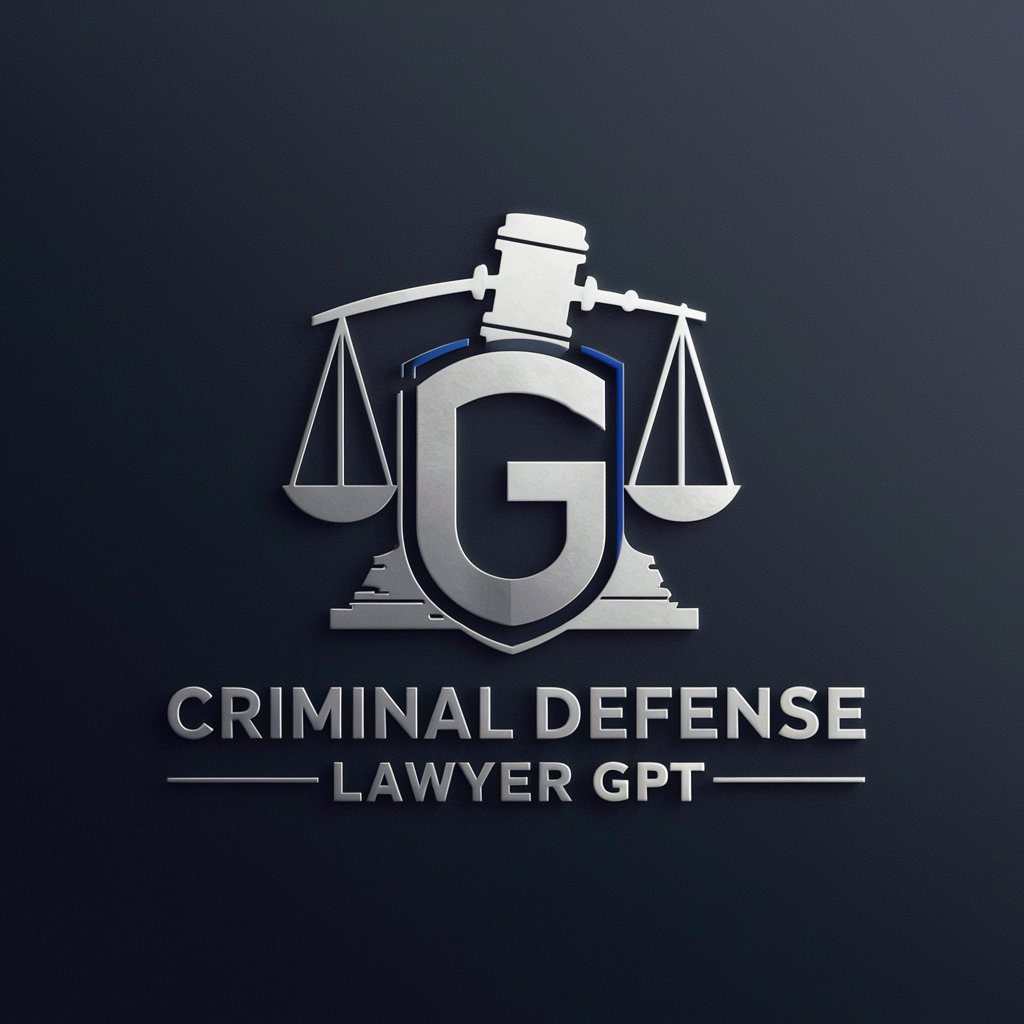
AI Legal Defense
Empowering Legal Decisions with AI
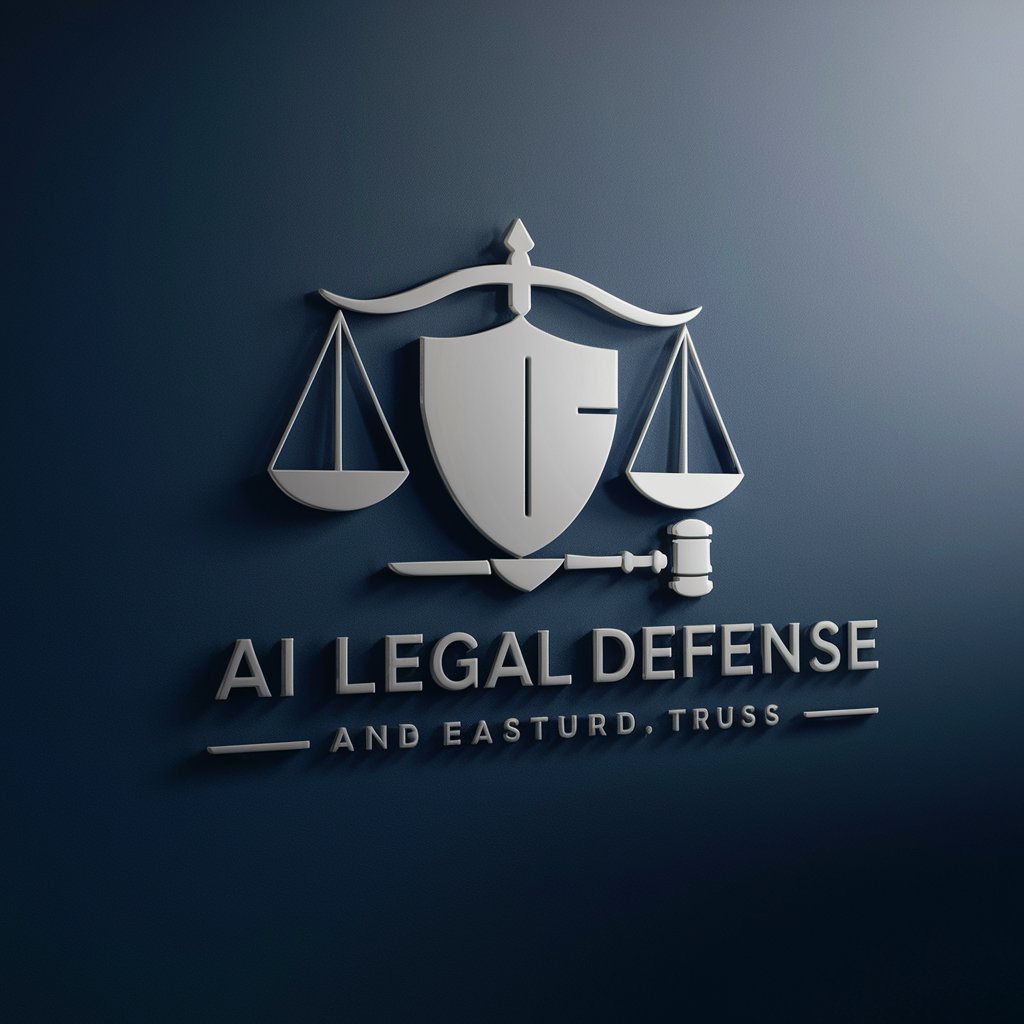
Defense Navigator
Empowering Defense Insights with AI

Defense Innovator
Aligning Innovations with Defense Needs

Attack Defense Model Builder
AI-powered Security Modeling and Analysis

Tower Defense Expert
Unlock the secrets of engaging game design with Tower Defense Expert.
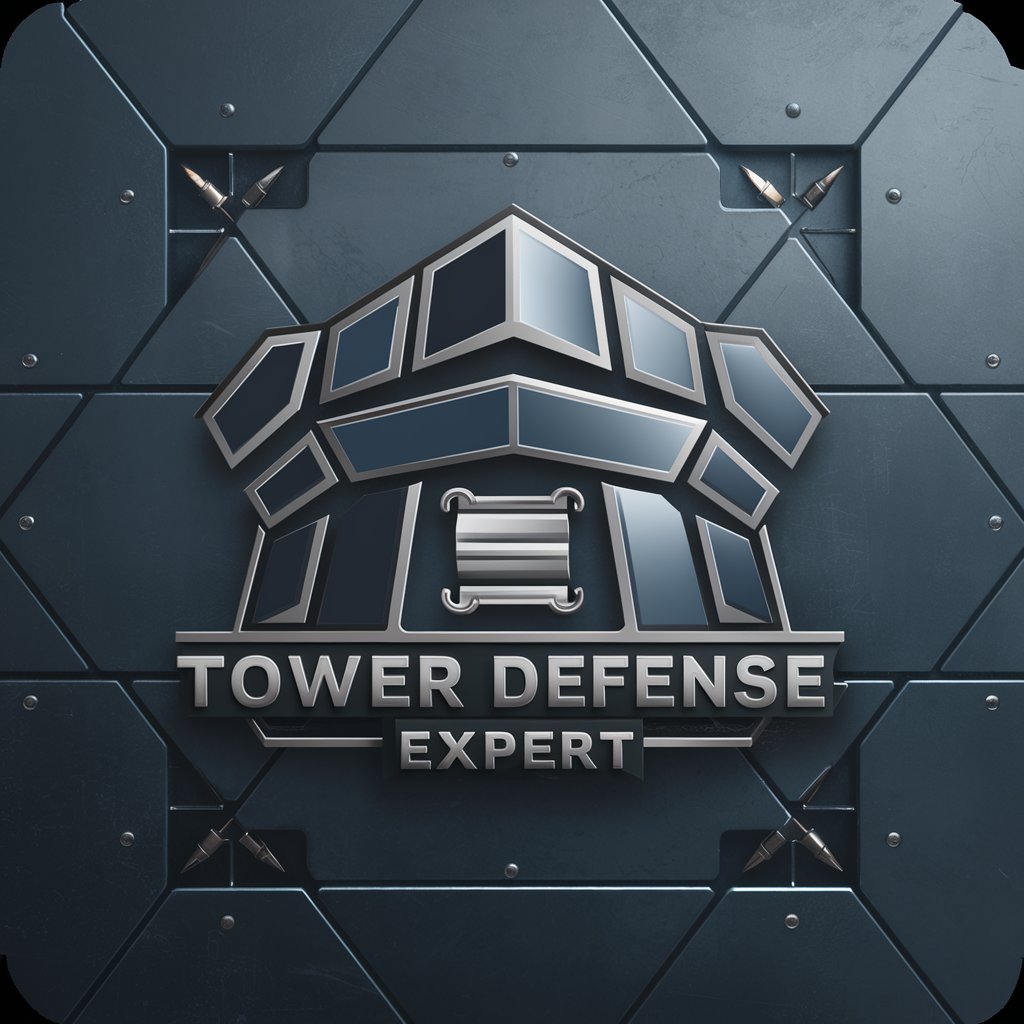
Frequently Asked Questions about Criminal Defense
What is the primary function of Criminal Defense?
Criminal Defense primarily assists lawyers by automating and enhancing the drafting of legal documents, case preparation, and legal research using advanced AI technology.
Can Criminal Defense generate legal arguments?
Yes, it can generate legal arguments based on the facts and legal issues provided by the user, helping to construct cohesive and persuasive legal arguments for court cases.
How secure is the data input into Criminal Defense?
Data security is paramount, and Criminal Defense uses state-of-the-art encryption and compliance measures to ensure all data remains confidential and secure.
Does Criminal Defense update its legal databases?
Yes, it regularly updates its legal databases to include the latest case law, statutes, and regulations, ensuring the information remains current and relevant.
Can non-lawyers use Criminal Defense for legal help?
While non-lawyers can use it for general legal information, it is designed to support legal professionals and should not replace professional legal consultation.
